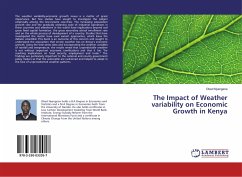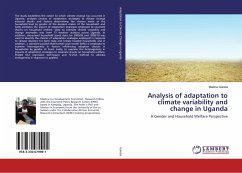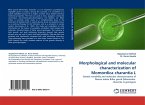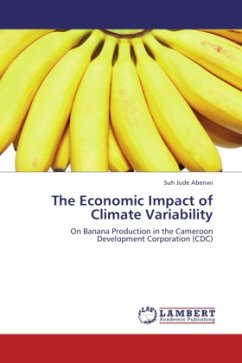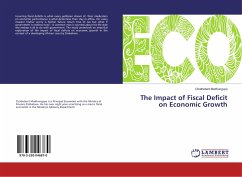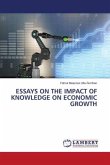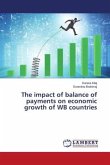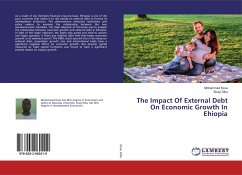The weather variability-economic growth nexus is a matter of great importance. But few studies have sought to investigate the subject empirically among the low-income countries. The increasing population growth rate and the gradually widening scale of industrial operations in these countries and elsewhere in the world have implications beyond real gross fixed capital formation, the gross secondary school enrollment rate and on the whole process of development of a country. Studies that have investigated the matter have used variant approaches, which leave the debate unsettled. This book is an outcome of this concern and sought to understand the association that erratic weather has on Kenya's economic growth. Using the time series data and incorporating the weather variables of rainfall and temperature, the results reveal that unpredictable weather is not without important economic ramifications and that it has "far reaching implications on food security, employment and trade." The findings are particularly important to the national and county government policy makers so that the vulnerable are cushioned and helped to adapt in the face of unprecedented weather patterns.
Bitte wählen Sie Ihr Anliegen aus.
Rechnungen
Retourenschein anfordern
Bestellstatus
Storno

